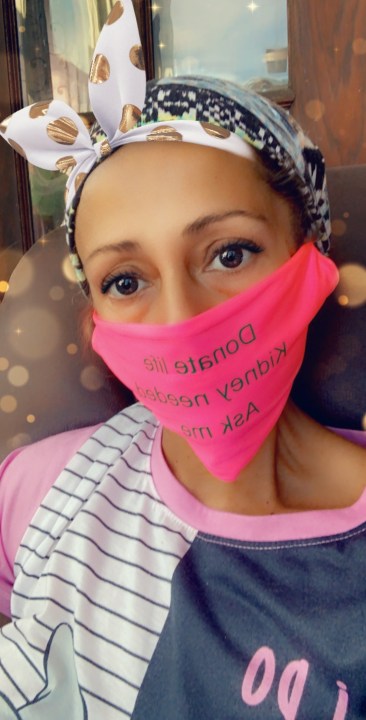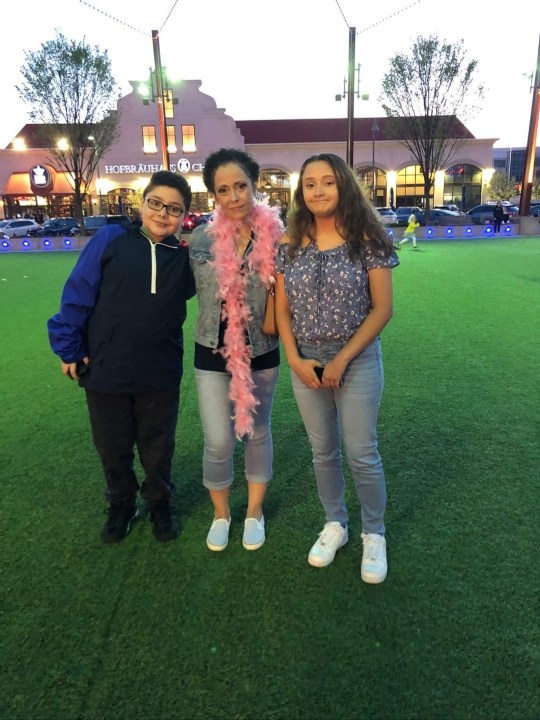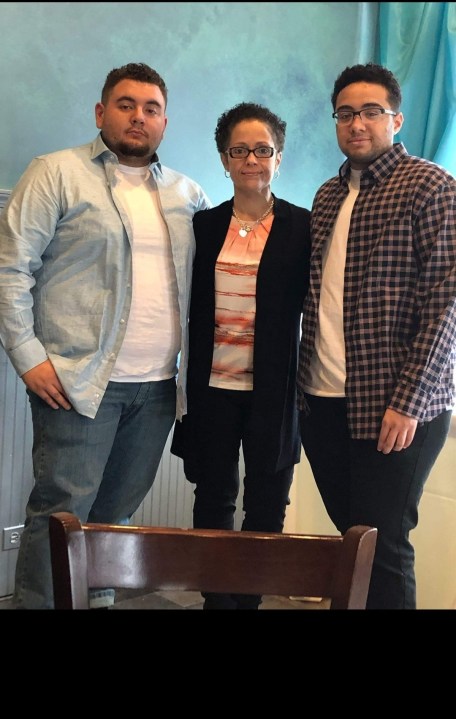Pandemic affecting process of receiving transplants
Testing on staging11
CHICAGO (NewsNation Now) — The U.S. Department of Health and Human Services estimates 108,751 people are waiting on an organ transplant, and 91,848 specifically are in need of a kidney. Health experts say the coronavirus pandemic poses an additional threat to these patients’ health for more reasons than one.
For Christine Hernandez, she has battled an autoimmune disease and breast cancer just to get on the transplant list. The mother of four is a nurse who spent years saving other’s lives. Now she is waiting for someone to save her life.
Hernandez is in need of a kidney transplant during the pandemic.
“I hope that I can see them graduate high school and I get scared sometimes that I won’t be there. It’s like just scary to think that I won’t be around,” said Hernandez.
The New York native is desperately waiting on a kidney transplant in Illinois. She said both of her kidneys are functioning at less than 11%. But this is not her first battle fighting a life-threatening disease. After graduating from nursing school, doctors diagnosed her with an autoimmune disease and then breast cancer.
“This was during the process of trying to get on the (transplant) list, I discovered that I had breast cancer. Stage zero on the left and on the right pre-cancerous cells,” she explained.
In March 2019, she had a double mastectomy. Then she became cancer-free and was able to be put on a transplant list.
“It’s been a journey. It’s been a constant fight. And all I wanted to do was be a nurse and help people and now I am the one being helped. I feel helpless sometimes because I can’t do nothing. All I can do is just hope for a donor and hope that my miracle happens,” said Hernandez.
Due to her condition, she’s immune-compromised and must quarantine during the pandemic. Now she’s doing dialysis at home four days a week for four hours. It’s one of the main treatments keeping her alive. She said her eldest son has become her primary caretaker.
“I mean he is always taking care of me and helping me and he should be living his life, not taking care of me. I feel so guilty for it . But he does it and I’m grateful. We have a really good support system here in the house,” said Hernandez.
Through videos, the family records their everyday moments dancing, playing the piano, and even acting together. She said the video clips help to brighten her spirit. On Facebook, she has a campaign to help her get a kidney.
Dr. John Friedewald is the medical director of the kidney transplant program at Northwestern. He said the pandemic put a pause on organ donations across the nation.
“Where COVID is surging and flaring in parts of the country may affect transplants in that area different than other places… whereas we say a significant drop off in the number of transplants done in March, April and May in particular. Then in June and July, things got back to a little more than normal,” said Dr. Friedewald.
He said in the United States there are national, regional, and local donation systems. But the spike in COVID-19 cases does have multiple ripple effects on the process.
“What we’re running into more now is problems with quarantine,” explained Friedewald. “We have patients coming from Indiana, Wisconsin, Michigan, and Iowa and right now some of those states have travel bans coming to Chicago for instance. That effects patients and their families.”
For Hernandez, she’s fighting to keep her spirits up as she waits on the transplant. She is on the lists at Northwestern Memorial Chicago and UW Madison Wisconsin.
“Knowing that I have younger kids, I have a son. He just turned 13 but he has autism. He thinks I can just go to the hospital and I can get a kidney. He doesn’t understand,” said Christine Hernandez. “I want to be there for my kids and I’m fighting really hard. I have this big campaign on Facebook for my kidney and I just want a chance.”
She’s trying to get on transplant lists in Florida, Maryland, and Arizona. But she must travel there to make it happen.
There are several international programs created to help support those waiting on a transplant and after they receive it. One program is called Transplant Recipients International Organization, better known TRIO .
There is also a new app called AlloCare that can help support patients.
The president of TRIO is Jim Gleason. He has a heart transplant. News Nation spoke with him for a story you will only see online.
Watch the full interview below.





